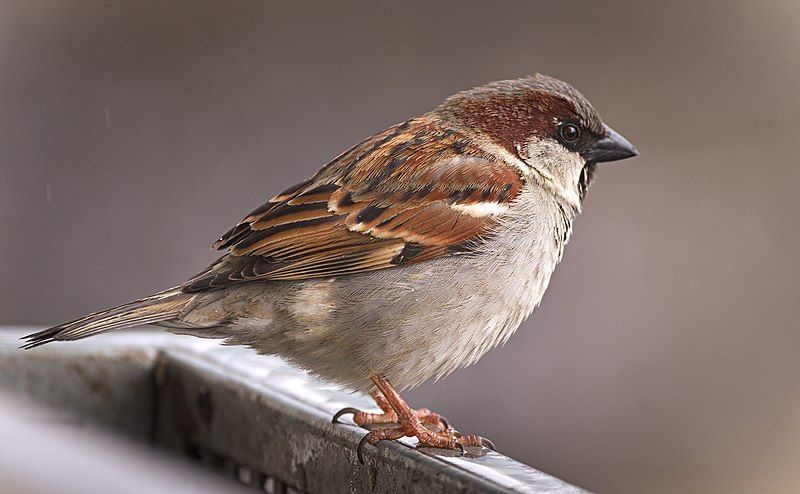Pichuka eats Ugadi Pachadi

Once upon a time, there was a small cottage on a seashore in Andhra Pradesh. The cottage was surrounded by a flower and vegetable garden. The garden was lush with Gorintaku (Henna), Ganneru (Oleander), Malle (Jasmine), Sampangi (Magnolia champaca) and other flowering plants, trees, and vegetables. The cottage belonged to Nirmalamma. She lived by herself tending to the garden. She sold flowers and vegetables in a nearby village once a week. She bought rice, dal, oil, and other household items on her way back from the village.
Nirmalamma loved nature. She enjoyed listening to the waves crashing on the rocks as she tended to her garden. She felt peaceful watching sunrises and sunsets over the ocean. She loved the music of the sea. She enjoyed walking on the seashore as the sand shifted under her feet and the breaking waves retreated into the ocean. She met her neighbors on her walks, tending to their drying fish and salt beds.
Nirmalamma was kind hearted and soft spoken. When she came across injured birds and animals, she rescued them and nursed them back to health. One rainy day, she found a shivering and helpless Pichuka (House Sparrow) with a broken leg. Nirmalamma brought Pichuka inside and took care of him. Pichuka loved Nirmalamma and asked her, "Avva (grandma), Avva! I would love to live in your garden. Can I build a nest in the garden and live here?" Nirmalamma happily agreed. Pichuka built himself a nest in the garden and started living there.
Pichuka and Nirmalamma loved each other. Pichuka would fly away at dawn and come back home at dusk with news from the village to share with Nirmalamma. Nirmalamma shared with Pichuka how she spent her day. One day Pichuka came home with exciting news that the entire village was getting ready for some celebration. People were decorating their houses with mango leaf thoranalu (garlands). He wanted to know what was going on. Nirmalamma said they were getting ready for Ugadi and told Pichuka about Ugadi and how people celebrate it.
Ugadi or Yugadi, also known as Samvatsarādi is New Year's day celebrated in Andhra Pradesh and several other states in India. It is the first day of the lunisolar calendar month of Chaitra which starts on the first new Moon after the Spring Equinox. People celebrate the day by drawing colorful patterns with rice flour, turmeric and kumkum on the ground called Muggulu. Mango leaf garlands decorate houses and doorways. Neem flowers are in bloom. Jaggery is made out of freshly harvested sugarcanes. Mango trees are laden with Pachcha Mamidi (Green Mangoes). Ugadi Pachadi is made from freshly harvested seasonal ingredients.
Pichuka was very excited about Ugadi and begged Nirmalamma to make him Ugadi Pachadi. Nirmalamma told him to get all the ingredients to make it. He flew away to bring Vepa puvvulu (Neem flowers) from a Vepa chettu (Neem tree). He then flew to the seashore where a man was making salt and got salt. He then went to a merchant in the village to bring Miriyalu (Black Pepper corns), Bellamu (Jaggery), and Chinthapandu (Tamarind fruit). He then brought back Pachcha Mamidi kaya (Green Mango) from a Mango tree.
Nirmalamma made Ugadi Pachadi and they celebrated Ugadi together. Pichuka then wondered aloud why the Ugadi Pachadi made from:
Sweet sweet Bellamu (Jaggery),
Bitter bitter Vepa puvvu (Neem flower),
Hot, hot Miriyalu (Black Pepper),
Salty salty Sea Salt
Sour sour Chinthapandu (Tamarind),
Pungent pungent Pachcha Mamidi kayalu (Green Mango)is so delicious. Nirmalamma said, "Happiness, sadness, anger, fear, uncertainty, and unpleasantness are the ingredients that make life complete." This is the reason for starting Ugadi eating Pachadi that reminds us of the real meaning of life and what makes life fulfilling.
April 6th, 2022
